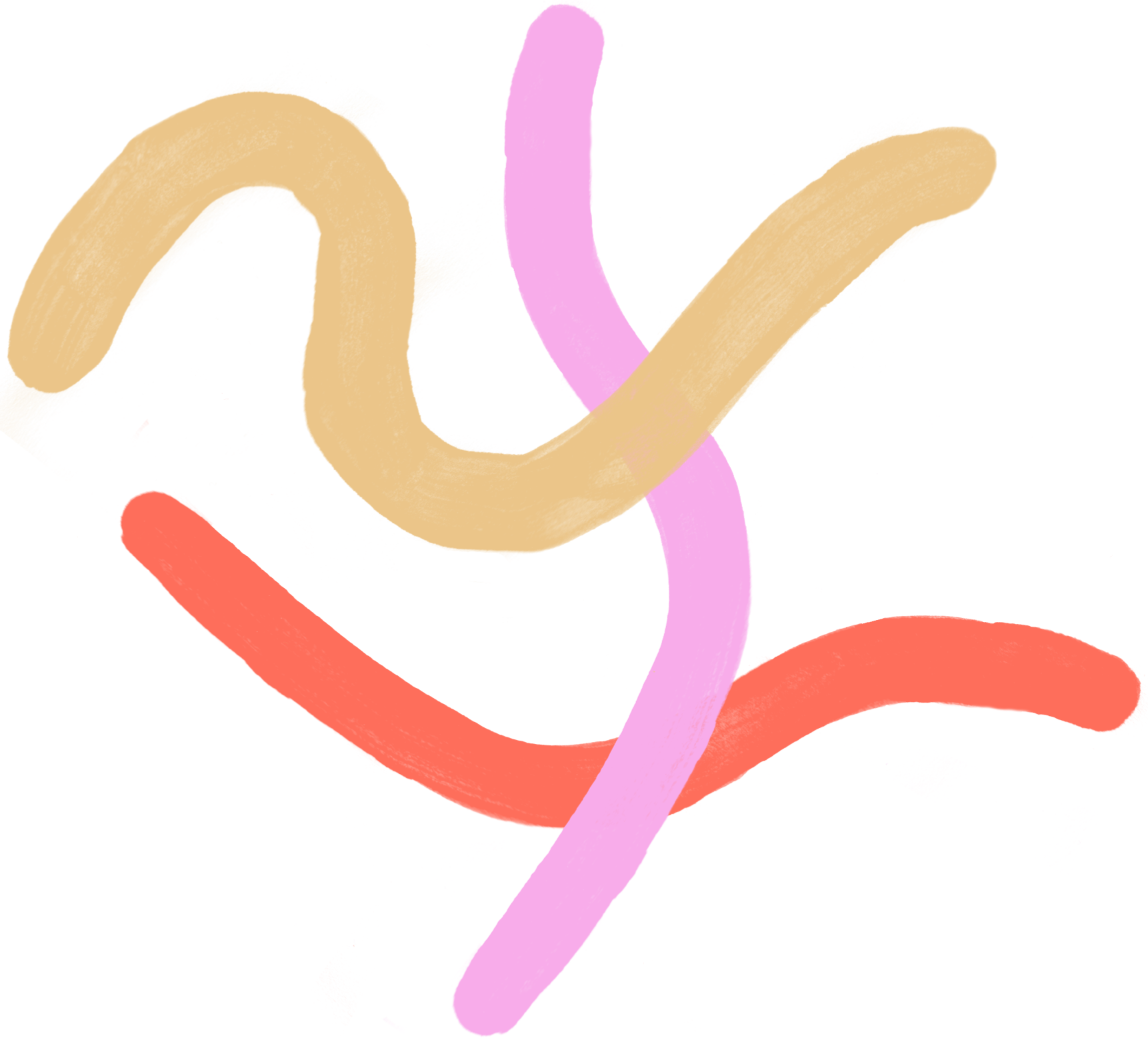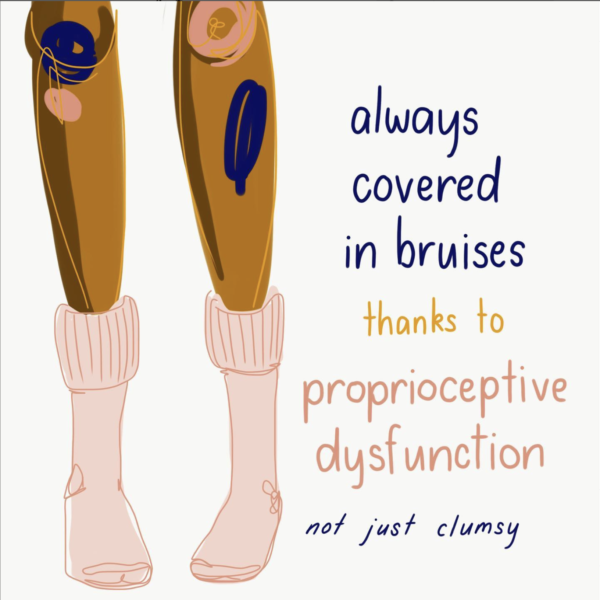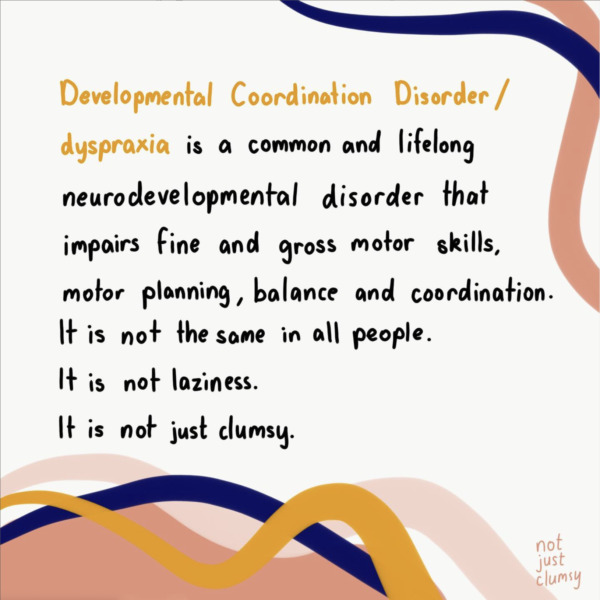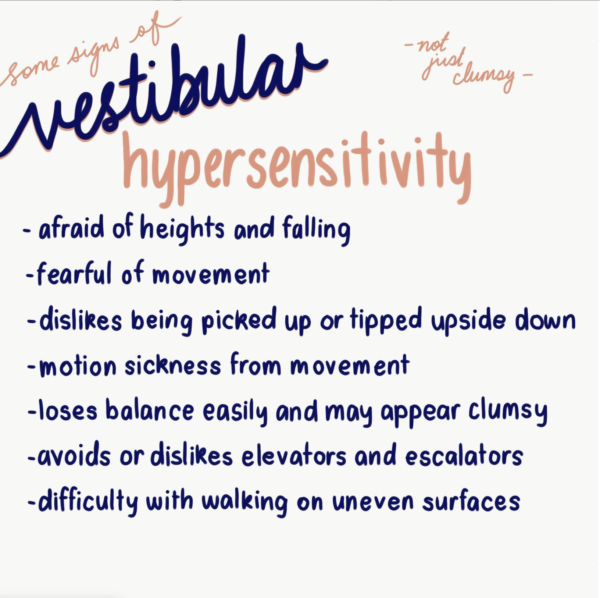ND Creator Spotlight: Dyspraxics Are Not Just Clumsy – Here’s What You Need to Know

Ever wondered why mysterious bruises appear on your child’s legs, arms or body, or why they fear heights or have motion sickness? The answer may lie in their internal senses.
Alyshia, is a neurodivergent (dyspraxia and autism) educator residing in Australia.
On her Instagram page @notjustclumsy, she shares beautiful infographics which explain what dyspraxia, or developmental coordination disorder (DCD), is, how this shows up in her day to day life, the activities she find challenging and what helps her.
Join the Community
Download the app to access more specialist advice, community support and wellbeing tools.
Join today as a Contributor member to gain free* access!
Download now
*Free access, in return for contributing to Aybe on a weekly basis, for example by commenting, liking, responding to feedback requests. See Terms & Conditions.

Always Covered in Bruises Thanks to Proprioceptive Dysfunction

*Image credit: Alyshia @notjustclumsy*
Alyshia writes: Proprioception is the sensory system responsible for knowing where the body is in space. This system is essential for co-ordination, posture and body awareness. Proprioception also plays an important role in self-regulation, focus and speech.
Proprioceptive input comes from sensory receptors in the skin, muscles and joints. When we have problems with our proprioception we have difficulties knowing where the parts of our bodies are, how to move and how much strength we need to use to execute tasks.
Many people with DCD (dyspraxia), ASD and SPD experience problems with their proprioception.
Those with proprioceptive dysfunction may misjudge where there bodies are in space. I don’t always understand where my body is. I compensate for my poor body awareness by being hyper vigilant with my surroundings. Concentrating on every little movement is exhausting; by the end of the day I am clumsier and have more accidents. I am always covered in bruises thanks to proprioceptive dysfunction.
Vestibular Dysfunction Can Cause Anxiety, Under- and Oversensitivity to Movement
Alyshia writes: The vestibular system is the sensory system responsible for balance and movement. This system provides our brains with information about motion, head position, and spatial orientation. It is also involved with the functions that help maintain our balance and posture.
Dysfunctions in the vestibular system can cause anxiety, over-sensitivity or under-sensitivity to movement, and abnormalities in muscle tone.
I have significant difficulties understanding where I am in space. I am terrified of heights and despise being picked up. I always feel as if I will fall over or fall off a chair. I hate sitting on stools because they seem far too high and dangerous. I have trouble maintaining my posture and have spent years overcorrecting my posture, resulting in chronic back pain. I panic when the chair tips back at the hairdresser or dentist.
The ND Creator Spotlight is a series where we showcase the excellent work created by neurodivergent creatives. Are you a neurodivergent creator who would like us to share your fun graphics or videos in our app and website? Join our community for more helpful tools to support you and your child.
Join the Community
Download the app to access more specialist advice, community support and wellbeing tools.
Join today as a Contributor member to gain free* access!
Download now
*Free access, in return for contributing to Aybe on a weekly basis, for example by commenting, liking, responding to feedback requests. See Terms & Conditions.



